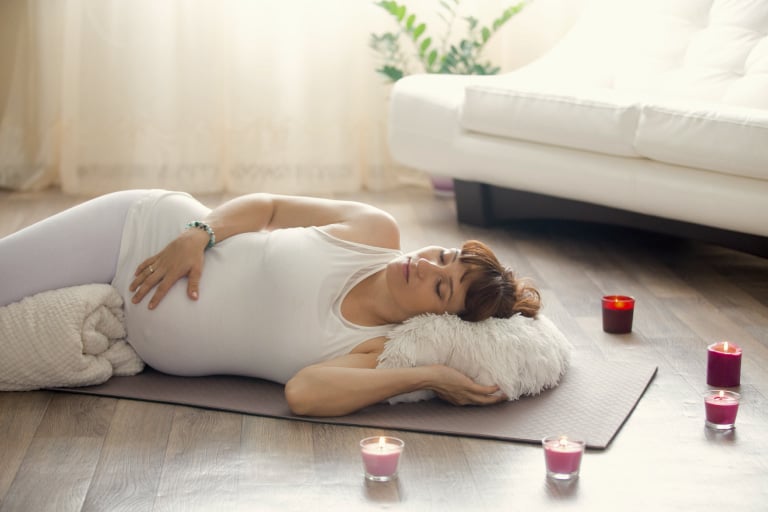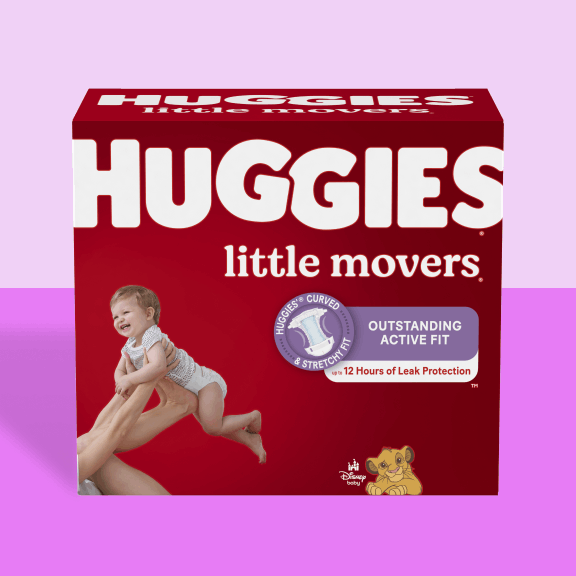Health & Wellness
Keep Calm and Relax During Pregnancy

Congratulations, you’re pregnant! It is very normal to have many feelings about pregnancy and the responsibility of parenting: excitement, stress, happiness, and nervousness, to name a few.
As you think about the many things you need and want to prepare for, like baby’s sweet nursery, your birth choices, whether you’ll return to work or stay home to care for your little one, a baby shower and so much more, it’s important that you don’t forget about you, mama, and your need for care and pampering during this special time.
Relaxation is Health!
There are many ways to promote your health during pregnancy; eating well and consistent exercise are obvious. Less obvious is relaxation. A little bit of stress is not unusual and can be motivating in some situations but being overly stressed is not healthy for you or your baby. Remember that if you don’t take care of you, you can’t take care of your baby. There are many ways to relax and still achieve all the items on your to-do list. You’ll feel more successful and less stressed if you regularly spend some time on self-care. The key is finding what works best for you and creating time in your schedule for relaxing activities.Aromatherapy: Breathe It In!
Essential oils are thought to have therapeutic effects by stimulating the sense of smell, which is connected to the part of your brain which controls functions such as breathing, heart rate, blood pressure, memory, stress levels and hormone balance. There are a variety of essential oils to consider, and you can find excellent choices in nearly all major retail stores as well as drugstores. Lavender is a well-liked scent linked to relaxation, but there are others if you’re not a fan. Try a few scents—select a handful that help you feel calm and others that seem to boost your mood or energy! Gain the benefits of essential oils by using them in diffusers, scented candles, incense, or bath salts. Don’t be surprised if during pregnancy you’re more sensitive to certain smells—find a few scents you like and start with those.Prenatal Massage: What a Treat!
Massage assists in relieving some of the common discomforts experienced during pregnancy: muscular pains, back aches, headaches, leg cramps, sciatica, stiffness, tension and knots, fatigue, nasal congestion, shortness of breath, swelling in your legs, neck or hip pain, and constipation, to name a few. Prenatal massage also helps boost your blood circulation, which provides more oxygen and nutrients for both you, mom, and your baby. It also stimulates your immune system, for extra protection. Massage can even help regulate the changing hormones that can cause some women to feel depressed or anxious. Massage helps release endorphins, which can soothe and relax your nervous system. As a result, you may feel more relaxed and sleep more deeply. Ask for this as a gift from your partner, friends, or family, or just treat yourself.Warm Showers & Baths: Wash Away Worries!
Warm showers not only feel nice, and they also improve blood flow and oxygenation, which positively affects both you and your baby. The warmth of a bath relaxes muscles, which may be aching from the changes in your body brought on by pregnancy progression.Fast Relaxation: Something for Every Day
Watch a favorite movie or show—-put your feet up! Although your healthcare providers wouldn’t recommend binge-watching TV all the time during pregnancy, watching a favorite show or movie is a great way to relax. Taking time to do “nothing” is restorative and allows your joints to rest, reduces the swelling in your feet, and provides a distraction from your to-do list. Use an exercise ball to relieve stress on your body. Sitting on a birthing ball is also great exercise and a way to prepare your body for labor. It can strengthen muscles, improve your posture, and prepare your body for birth. Sitting in an upright position can also help change your baby’s position if they’re putting pressure on your back, which may also relieve back pain. Use the ball throughout pregnancy, during labor, and in recovery after baby’s birth—it’s a worthwhile investment. Walking in nature is best described as active meditation. Walks in nature have been shown to boost your mood, strengthen your immune system, reduces stress and anxiety, and inspire creative thinking. The fresh air and sunshine are a good distractor while you get a vitamin D boost. This mild exercise is also beneficial for maintaining overall health during pregnancy. Be sure to wear supportive shoes and chose safe paths that reduce your risk of falls.Mellow Music: Listen Up!
Music can reduce stress and anxiety, and even decrease pain perception. You can take music everywhere you go. Create playlists or channels to suit your moods. Turn the radio up when traffic is crazy, dance to your favorite jams as you’re preparing baby’s nursery or listen to something mellow as you relax with your legs up on a comfy couch. Music is a great way to combat fatigue, stress, pain, irritability, and it promotes joy.Breathe: Just Breathe
You breathe every day but how often to you focus on your breath to promote relaxation? Being intentional with your breath can help you focus and relax. There are many ways to do meditative breathing, such as breathing slowly in for a count of four, holding that breath, and then pushing it back out for a count of four. Breathing mindfully promotes higher oxygen levels in your own body as well as baby’s. And it helps you practice for focusing on your breath during labor. Lastly, give yourself permission to do anything that helps you relax that’s also safe for your baby. You know your body best, mama. Any activity that makes you feel relaxed, and is healthy for you, will benefit you during pregnancy, and likely benefit you throughout labor and into parenting as well. It’s important to be intentional and practice self-care during pregnancy and beyond to stay balanced and focused as a parent. You’ve got this mama; just breathe.
Heather Watson, PhD, MSN, RN
Heather Watson, PhD, MSN, RN, is a nurse scientist with the Johns Hopkins Health System.
The information contained on this article should not be used as a substitute for the medical care and advice of your health care professional.
Heather Watson, PhD, MSN, RN, is a nurse scientist with the Johns Hopkins Health System.
The information contained on this article should not be used as a substitute for the medical care and advice of your health care professional.













